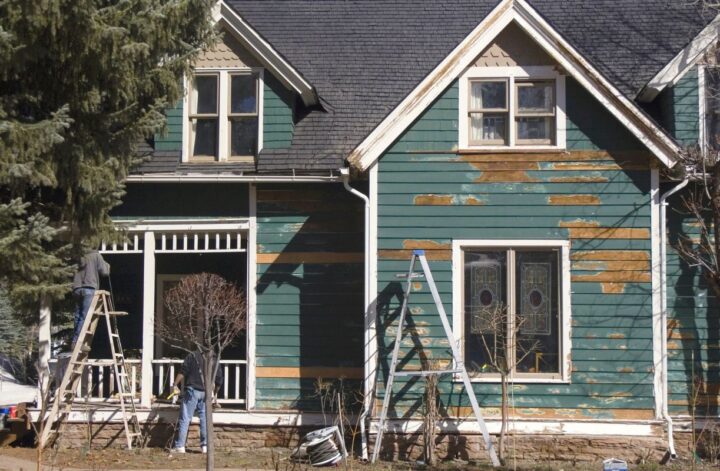Whether it’s your first purchase, or a future investment property, buying an older home comes with many unique challenges and plans. Before you tackle any of the work yourself, it’s critical to consider this old home’s unique needs. In this article, you can find some top considerations when buying an old home and how to navigate each situation.
Look for the M’s: Mold and Moisture
No, not every old home purchase will have mold or moisture, but they often do. Usually, there are some common denominators for these issues, such as roofing issues causing problems in the attic or foundation and structural issues causing problems in the basement or crawlspace.
Sometimes, you can find moisture or mold issues in the bathroom. Regardless, hire a professional mold inspector to inspect the entire property thoroughly. Addressing remediation before moving in can save your family from health risks and open the doorway to the full spectrum of renovation needs.
Hire A Professional Window Company
Old homes always contain old windows. So, without thought, hire a professional window company to inspect the existing window’s structural integrity and age. You can expect your utility usage to be incredibly high and ever-changing when you have old windows. These windows can cause issues later as problems linger or progress.
Immediately updating the windows is an appropriate first step after buying an old home. Your local window repair company can tell you the age of the windows in addition to guiding you to the best window installation and renovation type for that property’s distinct needs and characteristics.
Factor In the Foundation
Always, always have the foundation thoroughly and adequately inspected and confirmed. You want to ensure the foundation is firm. Depending on the age of the house, specifically the year it was built, the foundation might be withering away or made with outdated materials.
It’s much easier to resolve foundation and structural issues before your move-in date, as these issues may also impact your overall inspections and buying process. Avoid blindly trusting the seller and hire inspectors to complete the necessary exams.
Do You Need New Appliances?
Appliances are an easy area to avoid when you are facing dramatic and expensive home updates. But when you’re buying an old home, chances are the appliances are just as old or too old for modern function. Build into your potential renovation budget funds to replace old appliances.
Remember, your monthly utility usage will include these old and out-of-date appliances, which typically pull excessive amounts of power. Almost nothing older
was designed with energy conservation and efficiency in mind. Replace these appliances early on so your incoming bills after moving in don’t surprise you and drain your wallet.
Don’t Let Lead Linger
It’s best to hire an inspector to test the framework and chipped paint for lead. If you’re in the clear, your renovation process will be easy. When, or if, the tests come back conclusive for old lead paintwork, have them run a quote for remediation so you can resolve this issue before you move in. Ridding the house of lead paint will make your life easier after moving in and eliminate putting your family at risk.




